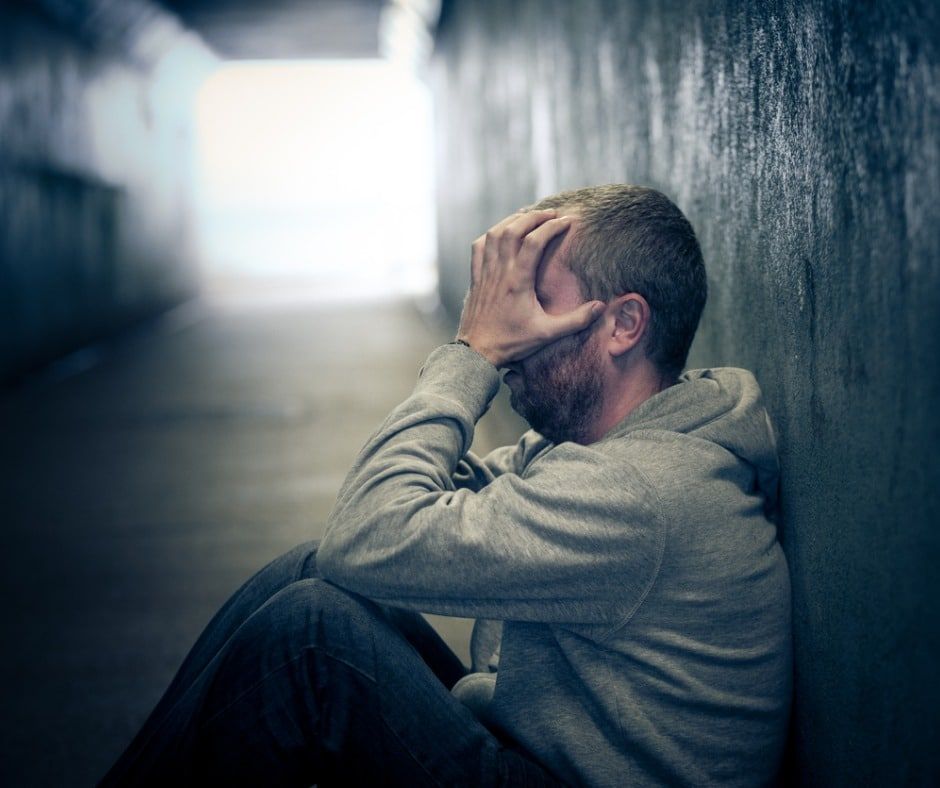5 Common Crystal Meth Side Effects
The Truth About Crystal Meth Side Effects
Crystal meth side effects— both short and long term– can have devastating consequences for the habitual user. This is largely to the nature of the drug itself. Crystal meth, or methamphetamine, is a very addictive stimulant. Strong cravings can develop after just couple of doses.
Lastly, crystal meth delivers an intensive euphoria that many users cannot help but chase. No wonder the side effects of crystal meth happen so quickly to many people.
Methamphetamine: What You Need to Know
Crystal meth is man-made and comes in a crystal-like form. This drug is illegal and people use it to get high. Around 12 million people throughout the United States reported using crystal meth in 2011.
The numbers have gone up and down through the years. Users can smoke, heat, inject, or snort crystal meth. The most important thing to remember is that people who abuse this drug can get treatment. They can ask for help from Southeast Addiction and turn their life around.
Do you suspect someone you know is using crystal meth? If so, it may be helpful to learn about the 5 most common crystal effects on body. This way, you can have a better idea of whether this person is abusing this drug. If they are, you can talk to them about the addiction and help them to get treatment.
Paranoia is One of the Crystal Meth Side Effects
One of the most common crystal meth side effects is paranoia. People who use crystal meth often experience this side effect. The main reason for this is due to how the drug affects the person’s brain. When someone uses crystal meth, they may experience hallucinations and delusions. When these symptoms arise, it is known as psychosis.
Does the person you suspect is using crystal meth hear voices, have a false sense of dangerous actions, see objects or see people? If so, they are likely hallucinating or having delusions. The psychosis can even lead to violence.
If you are noticing these things, you should do what you can to help this person get into addiction treatment. In about a week after the person stops using crystal meth, their psychosis will likely resolve itself. However, some people who use the drug long-term may have this symptom for much longer.
Anxiety is on the List of Crystal Meth Effects
If you know someone who is using crystal meth, it is likely they will have anxiety. However, it can be tough to determine whether someone is using this drug based on this symptom alone. There are so many different things that can cause anxiety.
When someone is using crystal meth, their anxiety will likely have come out of nowhere. You may have known this person a long time and suddenly they are anxious about everything. Maybe you thought this person was a bit anxious, but then their anxiety went away. Later on, the anxiety came back full force, meaning they were using less crystal meth but then started using more.
If the person in your life is using crystal meth, please be there to support them. Let your loved one, friend or the other person in your life know that you want to help in any way you can. Offer to help them get into the Southeast Addiction treatment center. Let this person know about the information you found out regarding the treatment program. The more you know ahead of time, the less worried they might be.
Erratic Behaviors May Signify Use of Crystal Meth
Another one of the most common crystal meth side effects is erratic behavior. This behavior is one of the crystal meth effects on body that is most obvious. Most people who use this drug will display erratic behavior almost immediately. Since crystal meth affects a person’s system quickly, you may notice this person in your life seeming perfectly fine to being outrageously out of character very quickly.
If you notice someone in your life has erratic behaviors, be sure to look at their life. If you find out they are using crystal meth, it is best to let them know you are there for them. Please do your best to get them to call Southeast Addiction for treatment.
Moderate to Severe Weight Loss
Another one of the most common crystal meth side effects is moderate to severe weight loss. The main reason for this is because people who use this drug will often get substantial energy boosts. They may rush around and do a lot of activities. In addition to this, many people who use crystal meth won’t eat much. The combination of these things will cause them to lose weight.
If you know someone who has lost a lot of weight without trying, this could be the reason. If you suspect crystal meth led to the person’s weight loss, be sure to talk to them calmly. Confronting someone and making accusations might make things worse.
Experiencing Tweaking to the Point of an Altered Perception of Reality
When someone is using crystal meth for a long time, their body gets used to the drug. They don’t get the high they had in the past, which can lead to tweaking. The person is likely going to have delusions or even an altered sense of reality. For most people, when this happens, the person will be ready to admit they need help. If you notice that someone in your life is tweaking, this would be an excellent time to find treatment information for them. You should check into Southeast Addiction.
Getting Crystal Meth Addiction Treatment at Southeast Addiction
Now you know the 5 most common crystal meth side effects. If you recognize these in your friend, loved one or someone else in your life, do your best to support them. Let them know you are there for them and want to help.
Contact Southeast Addiction Center to get information about crystal meth side effects and treatment for them today.



